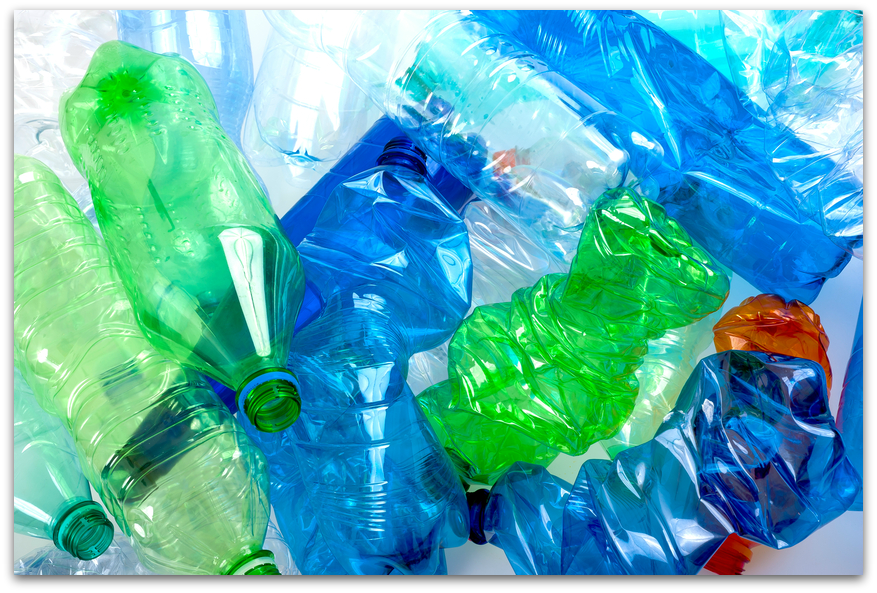 Researchers have taken a step toward the development of renewable plastics – a promising transformation from current plastics made from oil. The biodegradable material is possible due to the creation of a new catalyst.
Researchers have taken a step toward the development of renewable plastics – a promising transformation from current plastics made from oil. The biodegradable material is possible due to the creation of a new catalyst.
Over the past 50 years, the global production of plastic has grown tremendously. According to World Watch Institute, over 299 trillion tons of plastic were produced in 2013. Unfortunately, as plastic production increases, recycling rates lag. Of the 299 trillion tons of plastic produced, between 22 and 43 percent made its way to landfills around the world, thereby wasting resources and negatively impacting the environment.
Biodegradable plastics could provide a potential solution to this issue. Currently, researchers are working to make the plastics – produced completely from renewable resources – match the price and performance of their petroleum-based counterparts.
This from Futurity:
As with many chemical reactions, creating biodegradable polyesters requires the assistance of a catalyst—a special class of chemical that increases the rate of a reaction or pushes it over an energetic hurdle. The standard catalysts used to make biodegradable plastics are metal-based, which are difficult or expensive to remove from the final material, and do not degrade in the environment.
In order to utilize a catalyst that is both fast and selective, the researchers reacted thiourea with metal alkoxide.
“While many catalysts are either fast or selective, these catalysts are both,” says Robert Waymouth, co-author of the study. “They are simple to prepare, easy to use, and can be readily adopted by anyone with a basic knowledge of chemistry.”
Because of its versatility, the team believes the renewable plastic could be applied to everyday items such as food packaging and non-woven fabrics.
“Our catalyst design is simple and general and could prove useful not only for polymerization but for a wide range of organic reactions,” says Xiangyi Zhang, the Stanford graduate student who conducted the experimental work.


